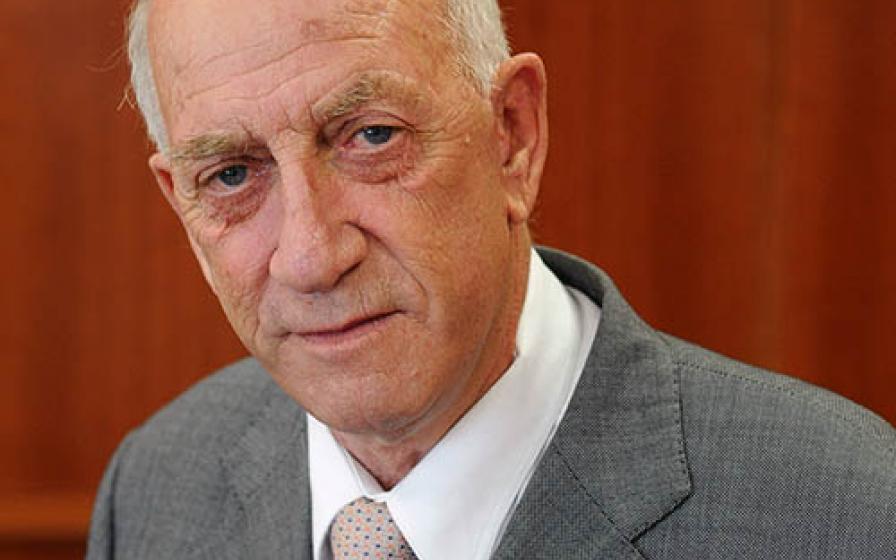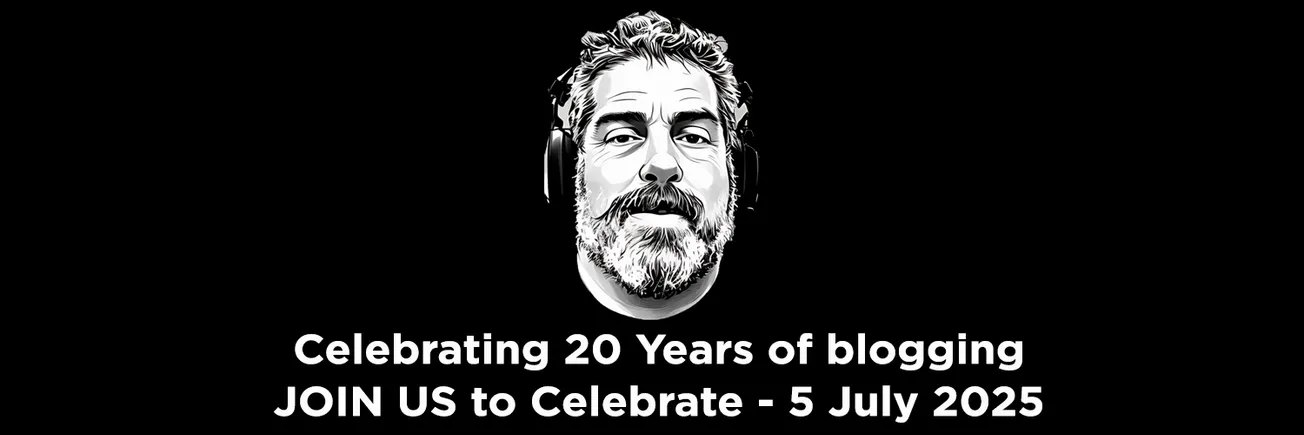Table of Contents

The Tale of the Wicked Giant, by Sir Bob Jones, part six. (If you’ve missed the previous instalments, just click on ExPFC in blue at the bottom of the page to catch up).
Spurred on by the do-gooders the now power-crazed Government seized much of the people’s property. He did not take it all, for the people still working were needed to keep Government, his helpers, the do-gooders and followers, but he took many of the people’s businesses such as their airlines, railways, banks and insurance companies and much of their land and when they died he took all of their wealth saying that this was right and proper for the dead people’s children had done nothing to create it.
Some of the businesses Government took over began to fail, for neither he nor his helpers and followers were very good at running them. So Government passed a law forbidding the people to run similar businesses. Thus when they wanted to fly anywhere or ship goods by rail, or even watch television, the people had to use Government’s services as he had the only ones allowed to run these things. Because of this Government did not care how efficient these businesses were and could charge what he liked.
So as to keep a watchful eye on his subjects in order to protect them better Government began to register them when they were born, or married or had children or bought a car or a television set or even a radio, or went fishing, or travelled overseas, or flew an aeroplane and many, many other things as well.
And he took from them the produce they had left after paying his taxes and said he would sell it for them and forbade them to sell it themselves and he returned to the people only some of the money he received for it.
Each year Government had a harvest ceremony which he called budget day, the highlight of which was Government’s speech. All the people were summoned to listen to the speech. Mostly Government began his speech by telling them how disappointed he was with the previous year’s work and how they had not produced enough for him to take to support himself, his helpers, do-gooders and followers.
Then he would tell them what he was going to do with the coming year’s produce the people would be giving him which was always to distribute it among the helpers, do-gooders and followers. It was always interesting to see who had been worshipping Government the most in the previous year, for sometimes Government gave more to the followers and other times more to the helpers or the do-gooders depending on who was Government’s favourite each time.
Near the end of the speech, so as to appease the people and to show that he was really a caring and compassionate master, Government would save a small amount of the people’s produce and give it back to them. Normally this went to the people who were old or weak with hunger and hard work so as to keep them going another year.
Following this the people would shout out, ‘Praise be to Government for he is kind and great,’ for they had forgotten that Government had stolen this produce from them in the first place.
Many of the helpers would be angry at Government for giving back anything to the people and complained to him that this was irresponsible and would lead to excesses of frivolity among the people for which they would suffer at a later date.
‘It is a difficult problem,’ agreed Government, ‘but as I see it we must not leave the people without hope or they will stop working to support us and the do-gooders and followers.
So the helpers held many conferences and wrote many reports to try and solve this problem of how to dangle a carrot in front of the people without them ever biting from it. Finally one of them shouted out, ‘I have the key, I have the key.’ And he told them his new economic theory which thereafter was known as Keynesian economics.
‘What you must do,’ he said to Government, ‘is at future budget harvest ceremonies allocate all of the produce to yourself, the helpers, do-gooders and followers and when it is all gone, then announce what you will give the people. As you have nothing left to give you may as well be generous and tell them you will give them plenty which will make them very happy.’
This was known as deficit budgeting, deficit being short for ‘dead fish’ which is what the people’s allocation was really worth although they did not know it.
‘But how can I give what I do not have?’ protested Government to which the helper replied, ‘That is easy. You must get the do-gooders to give and the helpers to take it away, and we will keep a small store of produce to circulate each year among the people in this deficit budget scheme which is indeed a wondrous idea.’
‘Anyway,’ added the helpers, ‘it is only fair, for the people should not expect you to give what you do not have and it is better that they be happy in their delusion than unhappy with the truth, if the result is the same anyway.’
To be continued…
As always, find Sir Bob’s latest musings on his blog.






